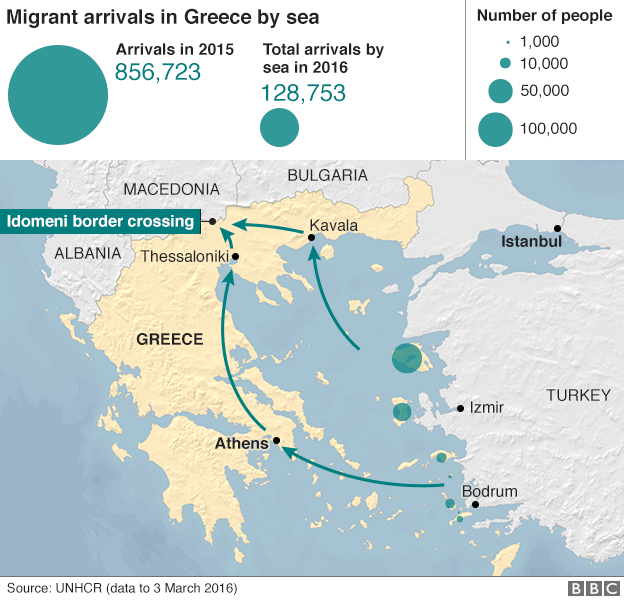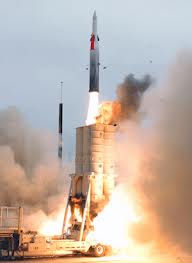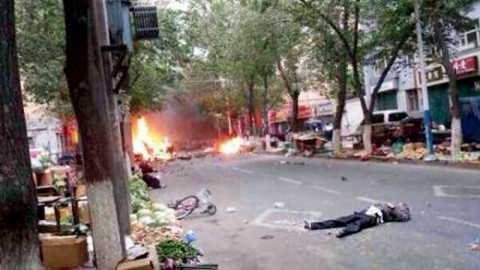Although the major agendas have been discussed, a decision has been delayed.
For the last several months, the increasing influx of migrants from the war-torn Middle East has led to an eco-social meltdown in the EU countries, the biggest such crisis since World War Two. In the meeting between Turkey and the EU, the EU President Donald Tusk said that all irregular migrants coming into Greece from Turkey would be sent back. In return, for each returned migrant, the EU would have to accept a recognized Syrian migrant, while providing further financial and humanitarian aid to them.

Image Source: Alexander Zemlianichenko/AP
While most migrants reach the European countries through Turkey, Turkey in itself is already catering to 2.7 million refugees from its neighbour, Syria. The migrant plan is likely to let the two migrant havens cut some slack, but the talks will only resume before the EU summit on 17-18 March, according to Luxembourg Prime Minister Xavier Bettel. At the beginning of the negotiation, Turkey was unsure whether an agreement would be reached at all, but Mr. Tusk talked of a ‘breakthrough’, that would set the path for the end of irregular migration to Europe through Turkey.
EU leaders, in a press statement, affirmed that they are fully in support of a deal that would involve the repatriation of all new irregular migrants in the Greek islands to Turkey, with the EU covering all costs; they even agreed to the acceptance of an official Syrian refugee for every irregular sent back. Moreover, they would want to quicken the payment of $3bn to Turkey, even though it had initially demanded $6bn. Turkey may then benefit from more relaxed visa formalities to European Union countries—the Schengen agreement— and start hoping for a better run in the next promised talks for its membership to the EU. However, EU leaders are skeptical about this agenda, a point that is responsible for a yearly income of millions of dollars into the EU.

Image Source: BBC
Commented the Turkish Prime Minister, Ahmet Davutoglu , that Turkey had made a “bold decision to accept all irregular illegal migrants… based on the assumption that for every one Syrian readmitted by Turkey from the Greek islands another Syrian will be resettled by Europe.” Yet, he reiterated his opinion that this migrant deal would be perceived as a ‘package deal’ that shall include the progress on Turkish integration with the EU.
Meanwhile, French President François Hollande has appreciated the talks, indicating that aid to Turkey could be increased. German Chancellor, Angela Merkel stated that the deal could be a real step forward in rehabilitating the refugees ‘regularly’, by transforming ‘irregular migration’ to ‘regular migration’. British Prime Minister David Cameron also applauded the effort, but was quick to reinforce his country’s stance, saying that the UK would take no part in the scheme. Said he,” We have an absolutely rock-solid opt-out from these things.” On the other hand, staunchly anti-migrant Hungarian Prime Minister Viktor Orban confirmed that he had vetoed the plan.

The Prime Minister of Greece, Alexis Tsipras is set to meet with the Turkish Prime Minister in Izmir, Turkey, late on Tuesday to discuss the deal.
While Europe has been buckling under migrant pressure for the last year and a half at least, its attempts to relocate nearly 160,000 asylum-seekers from the worst hit Greece and Macedonia were in vain. At the same time, almost 2,000 migrants continue to arrive into Greece from Turkey on a daily basis. The Nato has decided to strengthen its naval vigil to protect the Aegean Sea waters of Greek and Turkish territory from people-smugglers. The deal could, in reality, be a ‘breakthrough’ in restarting the lives of millions of war-displaced refugees and helping Europeans cope.
Source: BBC
Tags: EU eu turkey migrant immigration Migrant crisis syrian migrants Turkey








